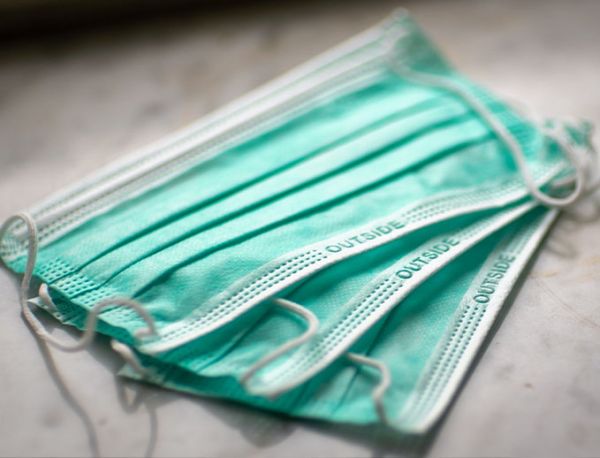
What to Do If Your Surgery Is Postponed
The continued spread of COVID-19 has called on everyone—and especially the healthcare system—to quickly adapt. Many hospitals have postponed elective surgeries to be rescheduled later as they deal with the current crisis. Elective surgeries are surgeries that are not life-threatening and can be scheduled in advance. The patient chooses to have the surgery to better his or her quality of life.
Many orthopaedic surgeries fall under this category even though the underlying conditions can be very serious and the discomfort to the patient can be significant. What can a patient do when his or her surgery is postponed due to COVID-19 safety measures? Though many orthopaedic conditions are not life-threatening, they can be painful and restrict your movement. Here’s some helpful advice on how patients can alleviate their pain while they wait for surgery.
SPORTS INJURIES
- For certain sports injuries, you’ll want to participate in a physical therapy program to maintain strength and range of motion as you await your surgery.
- For knee injuries, you may need to minimize movements that use your knee, such as jumping and running—and also consider using additional knee support in some cases.
SPINE PROBLEMS
- Get plenty of rest and relaxation.
- Avoid movements like lifting up and bending down that might put too much pressure on your spine.
- Work with your physical therapist to determine whether to continue your physical therapy program.
- To alleviate painful symptoms, pain medications such as non-steroidal anti-inflammatory drugs can help.
ARTHRITIS
- Minimize activities and movements that cause you joint pain, which might include running, jumping, and pivoting.
- Try applying heat (e.g. heating pads, hot baths) or cold (e.g. ice packs) to your affected joints to relieve pain – one may be more effective than the other in your particular case.
- Alleviate pain by using a non-steroidal anti-inflammatory drug, or in some cases, an injection of a corticosteroid.
CARPAL TUNNEL SYNDROME
- You may be advised to wear a wrist splint to hold your wrist during the night to relieve numbness and tingling.
- A non-steroidal anti-inflammatory drug or corticosteroid injection administered by a physician can help relieve your pain.
If you’re looking for ways to relieve your pain because of a delayed surgery, call 251.625.2663 to speak with a member of the care team at Baldwin Bone and Joint.